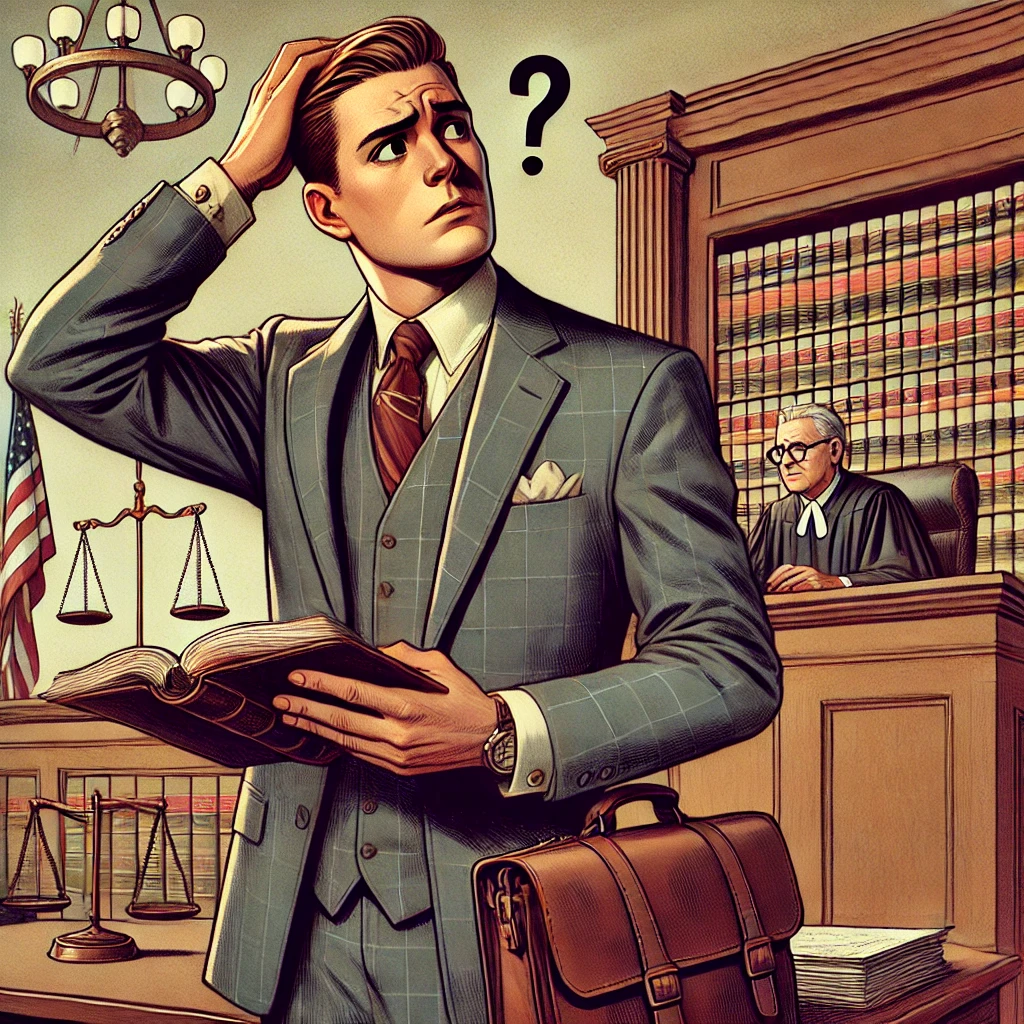
When discovery objections have been waived, does serving responses that still contain objections (which have been waived) count as “substantial compliance”? Yes, says Katayama v. Cont'l Inv. Grp. (D4d3 Oct. 9, 2024 No. G063872) [published].
What happened is plaintiff failed to respond to requests for admissions. Defendant then moved to deem the requests admitted, but 10 days before the hearing, plaintiff finally responds. All the responses have substantive answers, but they also contain objections. The trial court ruled that the responses were not in “substantial compliance” with the code because the objections, having been waived, were improper. So the trial court deemed the matters admitted.
Reversing, the Court of Appeal held that the “substantive answers were far more "complete and straightforward" than not,” and thus were in substantial compliance. The mere fact that they also included waived objections did not change that. Instead, monetary sanctions for asserting waived objections was an appropriate remedy.
Had the responses contained nothing but waived objections, however, the result would have been different.
Comment: This seems right to me. To this day, attorneys still include boilerplate prefatory objections in their discovery responses, which are—by operation of law—improper. So if merely including improper objections makes all otherwise code-compliant responses lacking in substantial compliance, then evidence- and issue-sanctions would be rampant. Instead, the bench and the bar have managed to simply ignore these improper objections without any apparent harm.